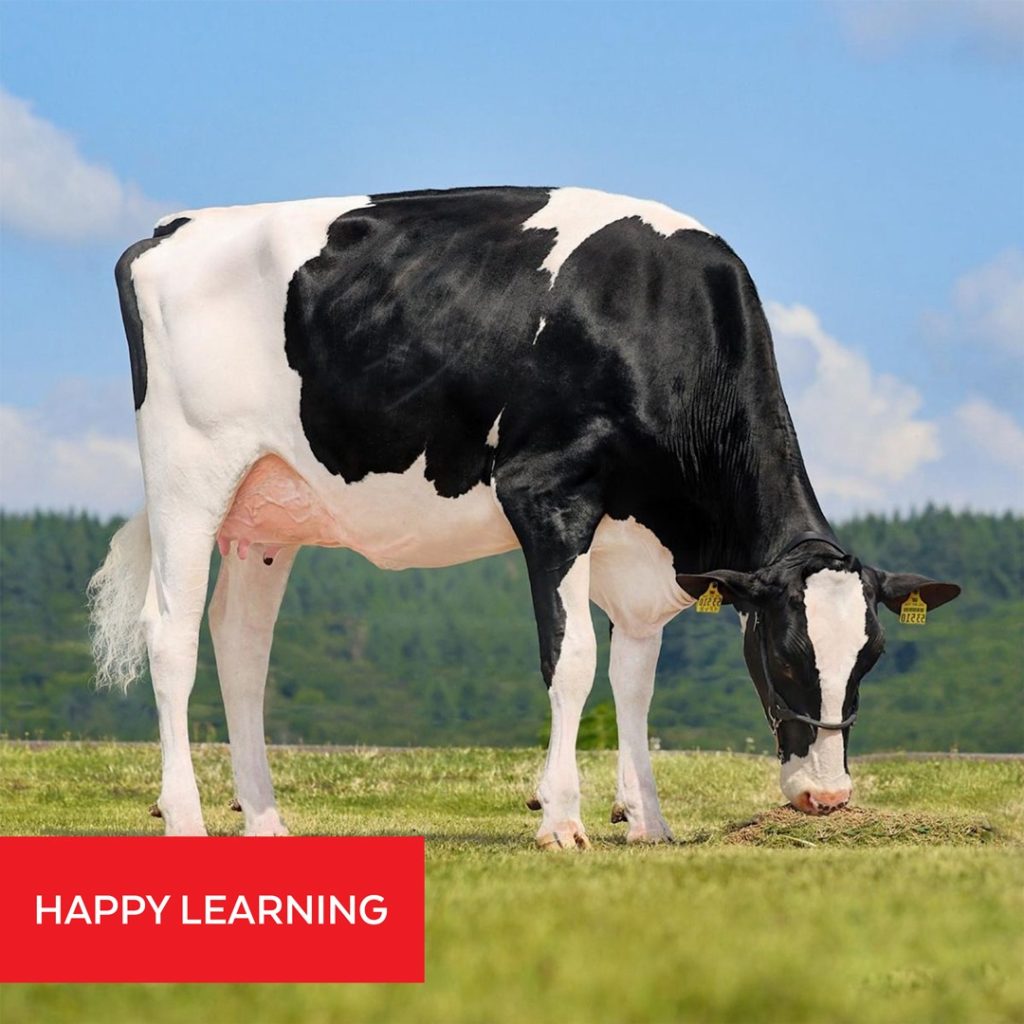Antibiotic use in dairy farming has long been a standard approach to prevent and treat infections in cattle. However, growing concerns over antibiotic resistance, consumer demand for residue-free milk, and rising veterinary costs have encouraged dairy farmers to look for sustainable alternatives. One of the most effective solutions lies in better nutrition. By strengthening the natural immunity of dairy cattle, proper feeding practices can significantly reduce the need for antibiotics.
Why Reducing Antibiotic Dependency Matters
Overuse of antibiotics in dairy cattle can lead to:
-
Antibiotic resistance poses risks to both animal and human health.
-
Residue in milk lowers product quality and market value.
-
Higher treatment costs and long-term herd health issues.
A proactive approach that focuses on nutrition-based immunity building not only benefits the cows but also improves the sustainability and profitability of the dairy farm.
The Role of Nutrition in Building Immunity
Good nutrition provides the foundation for overall cow health. Properly balanced diets help cattle:
-
Fight infections naturally.
-
Maintain gut health for efficient digestion.
-
Support reproductive performance.
-
Achieve optimal milk yield without compromising immunity.
When cows are well-nourished, their bodies can resist diseases more effectively, reducing the need for antibiotic intervention.
Key Nutritional Strategies to Reduce Antibiotic Use
1. Incorporating Yeast Metabolites
Yeast-based products, such as XPM (Yeast Metabolites), are rich in bioactive compounds that enhance gut health, improve nutrient absorption, and strengthen immunity. These natural feed additives promote microbial balance, thereby reducing the risk of infections that often require antibiotic treatment.
2. Providing Balanced Dairy Feed
High-quality dairy feed like DairyLac 22 Number Feed and scientifically formulated dairy wanda supply the right mix of protein, energy, vitamins, and minerals. Balanced nutrition reduces stress, enhances milk yield, and prevents deficiencies that can lead to illness.
3. Supporting Gut Health
Probiotics, prebiotics, and fiber-rich feed help maintain a healthy gut microbiome. A strong digestive system plays a critical role in defending against harmful pathogens.
4. Strengthening Mineral and Vitamin Intake
-
Zinc, copper, and selenium boost the immune response.
-
Vitamin E and A improve disease resistance and reproductive health.
-
Adequate mineral supplementation helps alleviate common problems such as mastitis and lameness.
5. Proper Feeding Management
Clean water, hygienic feeding practices, and avoiding feed contamination also lower the risk of infections.
Long-Term Benefits of Nutrition Over Antibiotics
By adopting a nutrition-first approach, dairy farmers can achieve:
-
Reduced veterinary expenses.
-
Improved milk quality and safety.
-
Stronger, healthier cattle with better productivity.
-
A sustainable farming system aligned with consumer expectations.
Reducing antibiotic dependency in dairy cattle is not just about avoiding medicine—it’s about building a resilient herd through better nutrition. With natural solutions, balanced feeds such as DairyLac 22 Number Feed, and proper mineral supplementation, farmers can improve herd health, reduce disease risks, and achieve higher milk production sustainably.

